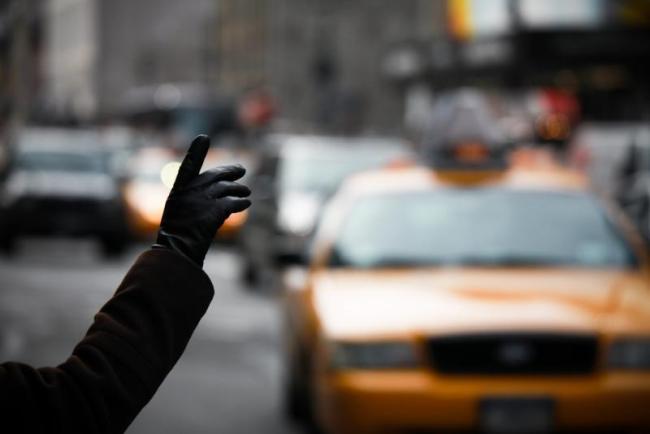Ryft: Unions vs. Ride Share

For most people, the glitz and glamor of being in a new, big city is usually destroyed immediately following the first taxi ride. That’s understandable, as most taxi rides make passengers feel ripped off and grossed out. According to the South Florida Sun Sentinel, words like “smelly,” “filthy,” “rude,” and “expensive” were some of the most common phrases passengers used to describe local taxi services.
With descriptors like that, how could the government not be involved?
As a government-sanctioned monopoly, the taxi arrangement can hurt the economy, community and the drivers themselves. The government controls every part of the taxi service, from who can get an operator’s license to how much they can charge passengers.
The way drivers access the scarce and extremely expensive government-issued permits, known as the medallion system, was even compared to indentured servitude in a federal lawsuit. Without competition in the market, the system can provide terrible service at an incredibly high cost to both drivers and passengers.
To make matters more complicated, taxi cab unionization has been threatening transportation efficiency across the U.S. New York cabbies can affiliate with the AFL-CIO. In cities like Seattle and D.C., the Teamsters union has collected monthly dues from workers for important issues… like getting a new paint scheme and starting strikes.
Luckily, companies like Uber and Lyft provide the service without the bureaucracy. These ride-sharing services are new and innovative, known as shared economy companies. Shared economies are a hybrid in the market; independent contractors and consumers can connect directly, bypassing the government, unions and the medallion system entirely.
What’s even more exciting is that workers in shared economies have more freedom and protections. Drivers pick their schedule, working as many or as few hours as they choose. Cashless transactions also protect drivers from the muggings taxi drivers often face. Passengers too, can feel more at ease during travel, thanks to the rating system. Uber and Lyft combine safety and flexibility with less government obstacles.
Passengers and drivers alike might have found shared economies to be the remedy for a bad government monopoly, but unions perceive them competition. And unions do their best to crush the competition.
The Teamsters union has made several attempts to shut these independent workers down. They’ve complained about Uber drivers on their website and even protested, blasted horns and blocked traffic at a D.C. City Council hearing. Taxi strikes and demonstrations have been occurring across the country: in Chicago, Las Vegas, Philadelphia and San Jose, just to name a few.
Taxi companies have even started filing complaints in court against Uber and Lyft while the unions, including the AFL-CIO, International Brotherhood of Electrical Workers (IBEW) and International Association of Machinists (IAM) hash out jurisdiction in hopes to unionize the companies’ drivers.
Perhaps the fresh competition these shared economy companies bring to the stale monopolized market will make unions more responsive to both customers and drivers.
But not if they can help it.





